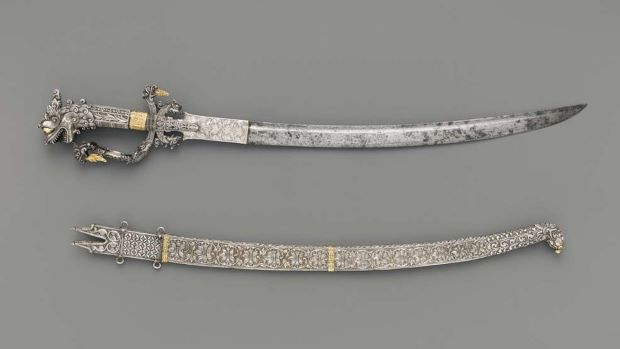Sri Lanka faces barriers in reclaiming priceless artefacts from Britain
COLOMBO – Sri Lanka is facing legal barriers in its efforts to reclaim priceless artefacts from Britain, as many of these items are held by private individuals rather than the state, Buddhasasana, Religious and Cultural Affairs Minister Vidura Wickremenayake said.
Sri Lanka has been actively requesting the return of invaluable artefacts taken during colonial rule prior to the country’s independence in 1948.
Last year, the Netherlands returned six Kandyan artefacts, including gold and silver ceremonial swords, two wall guns, and Lewke Disave’s cannon, after a formal request.
“We have made similar requests to the British government. However, the challenge is that many of these artefacts are in the possession of individuals, not the state,” Wickremenayake said.
“We cannot ask private British citizens to return these items in the same way we request from the British government. We have a substantial list of artefacts taken during the British period.”
Historians note that the artefacts stolen during the colonial rule of the Portuguese, Dutch, and British, from 1505 to 1948, are a testament to Sri Lanka’s rich cultural heritage and the impacts of colonial exploitation.
The ongoing efforts to reclaim these artefacts are aimed at restoring historical and cultural justice, not just recovering physical objects.
Government officials have documented instances of the Portuguese taking sacred relics, including items of religious significance from Buddhist temples, as war trophies, as well as royal artefacts and regalia from the Kandyan and other Sinhalese kingdoms.
The Dutch removed cultural artefacts such as traditional masks, ceremonial objects, religious items, ola leaf manuscripts, and other documents that provide insight into Sri Lanka’s history and culture.
The British colonial period saw the most extensive removal of Sri Lankan artefacts. Items taken included royal artefacts such as thrones, crowns, and other ceremonial objects, as well as numerous Buddha statues, religious texts, and temple decorations.
Additionally, cultural artefacts like traditional crafts and artworks were collected and shipped to Britain, often ending up in private collections or museums.
The efforts to reclaim these artefacts highlight the broader struggle for post-colonial nations to restore their cultural heritage and rectify historical injustices.
–economynext.com



Comments are closed, but trackbacks and pingbacks are open.